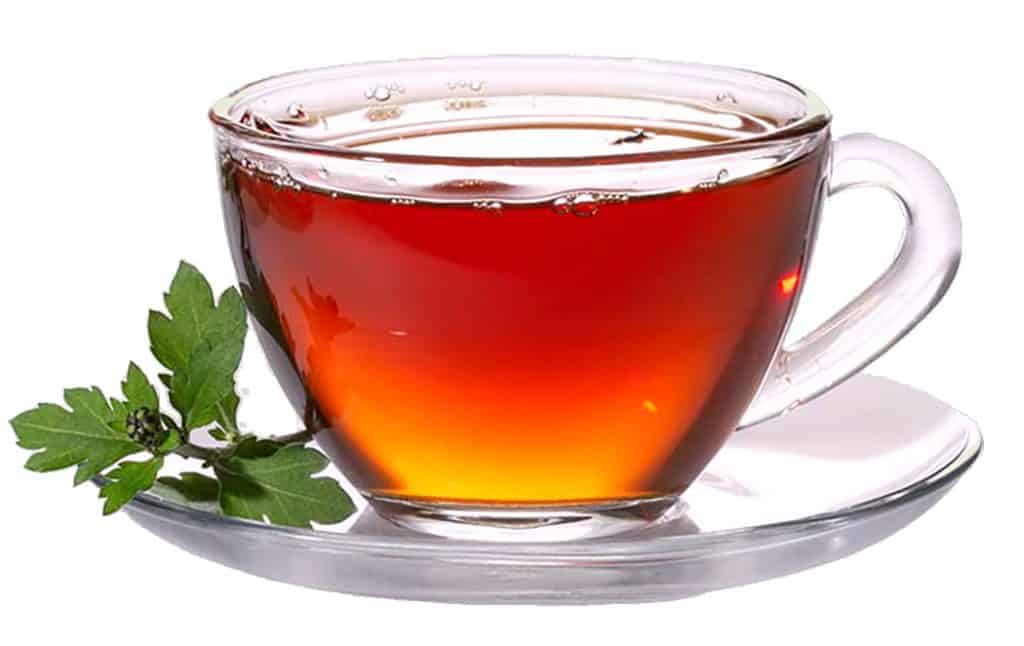Introduction:
Sassafras tea is an herbal beverage derived from the roots, leaves, and bark of the sassafras tree (Sassafras albidum). It has a distinct flavor and a long history of use in traditional medicine. This comprehensive guide aims to explore the potential health benefits of sassafras tea, as well as any possible side effects associated with its consumption.
Section 1: Health Benefits of Sassafras Tea
1.1 Antioxidant Properties:
Sassafras tea contains high levels of antioxidants, such as quercetin and kaempferol, which help neutralize harmful free radicals in the body. These antioxidants may contribute to reducing oxidative stress and lowering the risk of chronic diseases, including heart disease and certain types of cancer.
1.2 Anti-inflammatory Effects:
Some studies suggest that sassafras tea may possess anti-inflammatory properties. Components found in the tea, such as alpha-pinene and eugenol, have shown potential in reducing inflammation and relieving associated symptoms. However, further research is needed to confirm these effects in humans.
1.3 Digestive Aid:
Traditionally, sassafras tea has been used as a digestive aid. It may help stimulate the production of digestive enzymes, supporting the breakdown of food and improving overall digestion. Additionally, it may have mild diuretic properties, promoting healthy kidney function and water balance.
1.4 Blood Cleanser:
Sassafras tea has been traditionally regarded as a blood cleanser. It was believed to have detoxifying effects, aiding in the elimination of toxins from the body. However, it is important to note that scientific evidence supporting this claim is limited, and more research is necessary to validate these traditional uses.
1.5 Oral Health Benefits:
Some individuals use sassafras tea as a natural remedy for oral health issues. The tea’s antimicrobial properties may help combat oral bacteria, reducing the risk of cavities and gum disease. However, it should not replace regular oral hygiene practices or professional dental care.
Section 2: Side Effects and Precautions
2.1 Safrole Content:
Sassafras contains a compound called safrole, which has been associated with potential health risks. Safrole is believed to have carcinogenic properties and can cause liver damage in high doses. Therefore, it is crucial to consume sassafras tea in moderation and avoid excessive or prolonged use.
2.2 Allergic Reactions:
Individuals with known allergies to sassafras or related plants, such as cinnamon or camphor, should avoid sassafras tea, as it may trigger allergic reactions. Symptoms of an allergic response may include skin rashes, itching, swelling, and difficulty breathing. If any adverse reactions occur, discontinue use and seek medical attention.
2.3 Drug Interactions:
Sassafras tea may interact with certain medications. It can affect the metabolism of drugs in the liver, potentially altering their effectiveness or increasing the risk of side effects. If you are taking any prescription medications, it is essential to consult with your healthcare provider before consuming sassafras tea.
2.4 Pregnancy and Lactation:
Due to its safrole content, sassafras tea is not recommended for pregnant or lactating women. Safrole has been linked to developmental issues and potential harm to the fetus. It is advisable to consult with a healthcare professional before consuming any herbal tea during pregnancy or while breastfeeding.
Section 3: Preparation and Consumption
3.1 Sourcing Sassafras:
Sassafras tea can be made using the dried root bark, leaves, or a combination of both. It is important to obtain sassafras from reliable sources to ensure quality and safety. Look for reputable suppliers that adhere to good manufacturing practices.
3.2 Brewing Sassafras Tea:
To prepare sassafras tea, follow these steps:
- Boil 1 cup of water.
- Add 1-2 teaspoons of dried sassafras root bark or leaves to a tea infuser or directly to the boiling water.
- Steep for 10-15 minutes.
- Strain the tea and enjoy hot or chilled.
- Sweeten with honey or your preferred natural sweetener, if desired.
- 3.3 Moderation and Individual Tolerance:
- As with any herbal beverage, moderation is key. Start with small amounts and observe how your body responds to sassafras tea. If you experience any adverse effects, discontinue use immediately.
Conclusion:
Sassafras tea has a long history of use in traditional medicine, with potential health benefits attributed to its antioxidant and anti-inflammatory properties. However, caution should be exercised due to its safrole content, which is associated with potential health risks. It is advisable to consume sassafras tea in moderation and seek professional advice before using it, especially if you have any underlying health conditions or are taking medications.
- Vaporizers By Dankstop-The Ultimate Guide to Top Vaporizers Comprehensive Review - March 15, 2024
- Comprehensive Guide on the Benefits of Turkey Tail Functional Mushrooms - November 8, 2023
- Comprehensive Guide to the Benefits of Vitamin D3 - July 13, 2023





